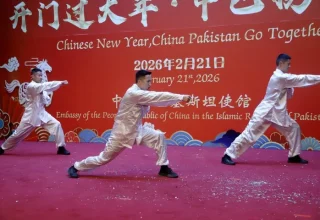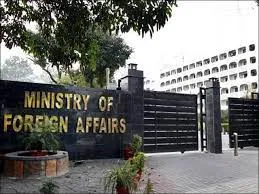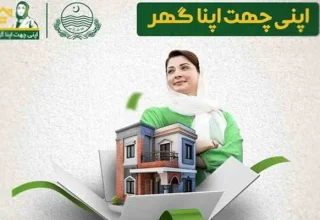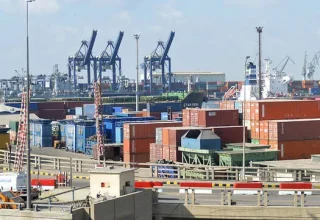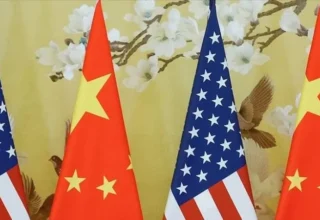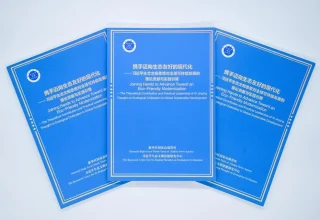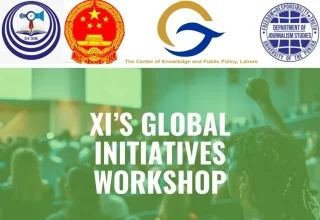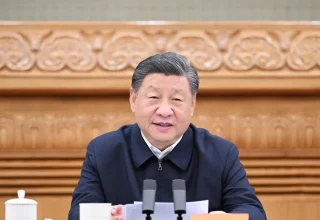
The Auditor General of Pakistan has revealed a staggering Rs300 billion profit made from recent sugar price hikes, triggering a political firestorm during a meeting of the Public Accounts Committee (PAC) held under the chairmanship of MNA Junaid Akbar.
The revelation has exposed deep-rooted corruption in the country’s sugar industry, with top political families and elite businessmen being accused of profiting at the expense of the public.
According to PAC member Riaz Fatyana, the public was “cheated” out of Rs287 billion through manipulation of sugar prices. “The Punjab cane commissioner who exposed the truth was sidelined and placed on a red line,” he added.
One-rupee hike yields Rs44bn
PAC member Sanaullah Mastikhel questioned whose benefit the FBR’s SRO on sugar import was issued for. He pointed out that every Re1 increase in sugar price brings in Rs44 billion in profit for the mill owners. “This cat-and-mouse game has been going on for years. May God forgive us,” he remarked.
He further questioned why sugar was exported only to be imported back in the same year, calling it a deliberate ploy to manipulate supply and pricing.
Who benefits? Zardari, Sharifs, Tareen in spotlight
During the session, Pakistan Tehreek-e-Insaf (PTI) leader Aamir Dogar ignited controversy by naming President Asif Ali Zardari as the largest sugar mill owner in the country, followed by Jahangir Tareen and the Sharif family.
“Fifty percent of sugar mills belong to industrialists, and the other 50% are owned by the elite,” Dogar stated, adding that the same families have held sway over the sugar industry for decades. “Prime Minister Shehbaz Sharif, along with his brother-in-law and sons, is running the sugar mills.”
His remarks were met with strong objections from Pakistan Peoples Party (PPP) lawmakers Shazia Marri and Bilal Ahmed Khan, who accused Dogar of political point-scoring. “The PAC environment should not be spoiled by naming parties. If political point scoring is to be done, a committee was formed in 2020,” Marri remarked.
However, Dogar refused to retract his comments, asserting, “I said nothing wrong, and I will not take my words back.”
Committee Member Khawaja Shiraz asked why the names of the sugar mill owners who profited have not been disclosed. “Why do these financial scandals always occur when the sugar mill owners are in power?”
He further rued that Pakistani citizens paid Rs56 more per kilogram for sugar, calling it a robbery. “Sugar is being imported in the same year it was exported.”
FBR and Food Ministry under fire
In response to PAC queries, Federal Board of Revenue (FBR) officials submitted a list of sugar mill directors across the country, while the Ministry of Industries confirmed that the cabinet had approved the import of 500,000 metric tons of sugar — of which 300,000 metric tons are being imported immediately.
Officials from the Ministry of Industries told the committee that a major reason for exporting sugar was that it goes bad in three to four months. At this, the PAC chairman said the committee had just been told there was a stock of nine months, and asked how this sugar stock would be maintained for so many months.
The PAC, however, expressed outrage over the re-import of sugar that was previously exported, demanding that sugar should not be brought back from the countries or companies it was initially sold to.
PAC Chairman Junaid Akbar slammed the food secretary for providing inaccurate sugar pricing statistics and warned of filing a privilege motion if PAC recommendations and questions were not taken seriously. “This entire profit is going into the pockets of just 42 families,” he said.
Call for systemic reforms
Moin Aamir Pirzada, another PAC member, labeled the Sugar Advisory Board as the epicenter of corruption, while also blaming the highest political offices for enabling this system of exploitation. “The president and prime minister are robbing the people and pocketing billions,” he alleged.
PAC members strongly recommended fixing the sugar price once during the crushing season to protect consumers and prevent undue profiteering. They also demanded greater transparency in the ownership and operations of sugar mills.


